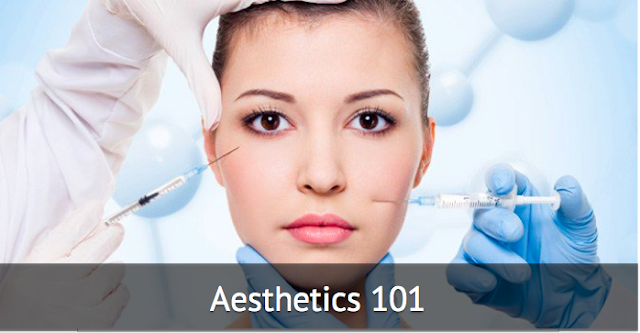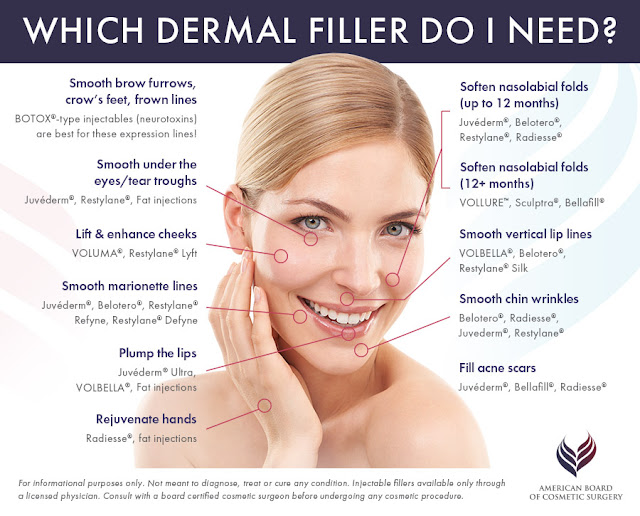Aesthetic Medicine 101: Introduction to Aesthetic Physiology
This is part of our Aesthetics 101 series.
Human Physiology for Aesthetics
"Physiology' is the study of the 'functions' of the human body. For easier comprehension, the body is usually categorized using the 'systems' approach again (as in part 1 of our aesthetics 101 series):
You had an overview of what the 'skin' is in part 1, now you will need to know the functions (why, when and how) of the skin.
Next Module > Introduction to Aesthetic Pathology
View All Modules > Aesthetics Advisor Beauty School
Human Physiology for Aesthetics
Why do we need to know human physiology?
"Physiology' is the study of the 'functions' of the human body. For easier comprehension, the body is usually categorized using the 'systems' approach again (as in part 1 of our aesthetics 101 series):
- Integumentary System (The integumentary system includes hair, scales, feathers, hooves, and nails.)
- cardiovascular system
- gastrointestinal system
- nervous system
- respiratory system
- endocrine system
- urino-genital system
- musculo-skeletal system
- hematological system
You had an overview of what the 'skin' is in part 1, now you will need to know the functions (why, when and how) of the skin.
Why is it important?
You need to know what is normal before you know what is abnormal. What is the normal PH of the skin? Why are there pigments in the skin and what are their functions? What is the sebaceous gland and it's function?
Physiology is also an important basic subject for pharmacology. An in-depth understanding of how the body functions is necessary to develop a drug that will act at the particular organ and subsequently will influence the function of the human body.
Stem Cells
The are many phoney “oral stem cells” which aren’t really stem cells at all and are sold (usually by MLMers) with amazing claims but devoid of any clinical data to back them up, typical of other health supplement scams. You’ll have the usual testimonials of people who “feel better”, “look younger” etc. Unfortunately these subjective improvements are likely a placebo effect or delusions.
Read More: http://lifestyle.inquirer.net/125973/fda-warns-vs-stem-cells-taken-orally/
If you understand Physiology 101, stem cells like any meat (muscular cells) that you eat; will get digested (broken down into smaller elements) in your digestive system and be absorbed as amino acids and lipids. Therefore, there are no special benefits to eating stem cells besides from nutritional aspects gained from eating any animal cells or eating a piece of meat. In order to get to the target sites, stem cells will need to be injected or infused (intravenously etc.) in order to bypass the digestive system.
Read More: http://lifestyle.inquirer.net/125973/fda-warns-vs-stem-cells-taken-orally/
If you understand Physiology 101, stem cells like any meat (muscular cells) that you eat; will get digested (broken down into smaller elements) in your digestive system and be absorbed as amino acids and lipids. Therefore, there are no special benefits to eating stem cells besides from nutritional aspects gained from eating any animal cells or eating a piece of meat. In order to get to the target sites, stem cells will need to be injected or infused (intravenously etc.) in order to bypass the digestive system.
Collagen
These days, nearly everyone has heard of collagen and its importance for skin health, but what you may not be aware of is that you may have been lied to about collagen and collagen supplements.
There has been much misinformation spread about collagen supplements and their benefits, but today we’ll help you learn how to tell the difference between the many truths and falsehoods that abound regarding collagen supplements.
Does collagen supplements really work? And can you really look younger with collagen peptides? Do you need collagen like vitamin D, calcium or is this just pure marketing?
Many doctors don’t believe ingesting collagen is effective because they claim that the collagen molecule is too large for the body to absorb, and thus no different from eating a piece of meat.
Some doctors believe the only way to replenish your skin collagen is by injecting collagen or hyaluronic acid, or retina A to peel off top layer of your skin to stimulate collagen production.
Can collagen be absorbed orally?
They’re right and wrong.
The doctors are right that collagen is a major building block of our body and the most abundant protein. In its native state, the collagen molecule is too large to be absorbed effectively by the intestine. In fact, collagen is often referred to as a “super molecule” because it is so large, with a molecular weight of 300,000 Daltons.
Yet they are also wrong because only most recently (about 15 years ago), the Japanese had invented and patented the technology known as hydrolysis that can break down collagen super size molecule into tiny small collagen (avg about 3000-5000) known as hydrolyzed collagen or most commonly collagen peptides.
Read more: Top 5 Myths about Collagen
For a more comprehensive review on Human Physiology, feel free to check out human physiology from Wikipedia.Next Module > Introduction to Aesthetic Pathology
View All Modules > Aesthetics Advisor Beauty School







Comments
Post a Comment